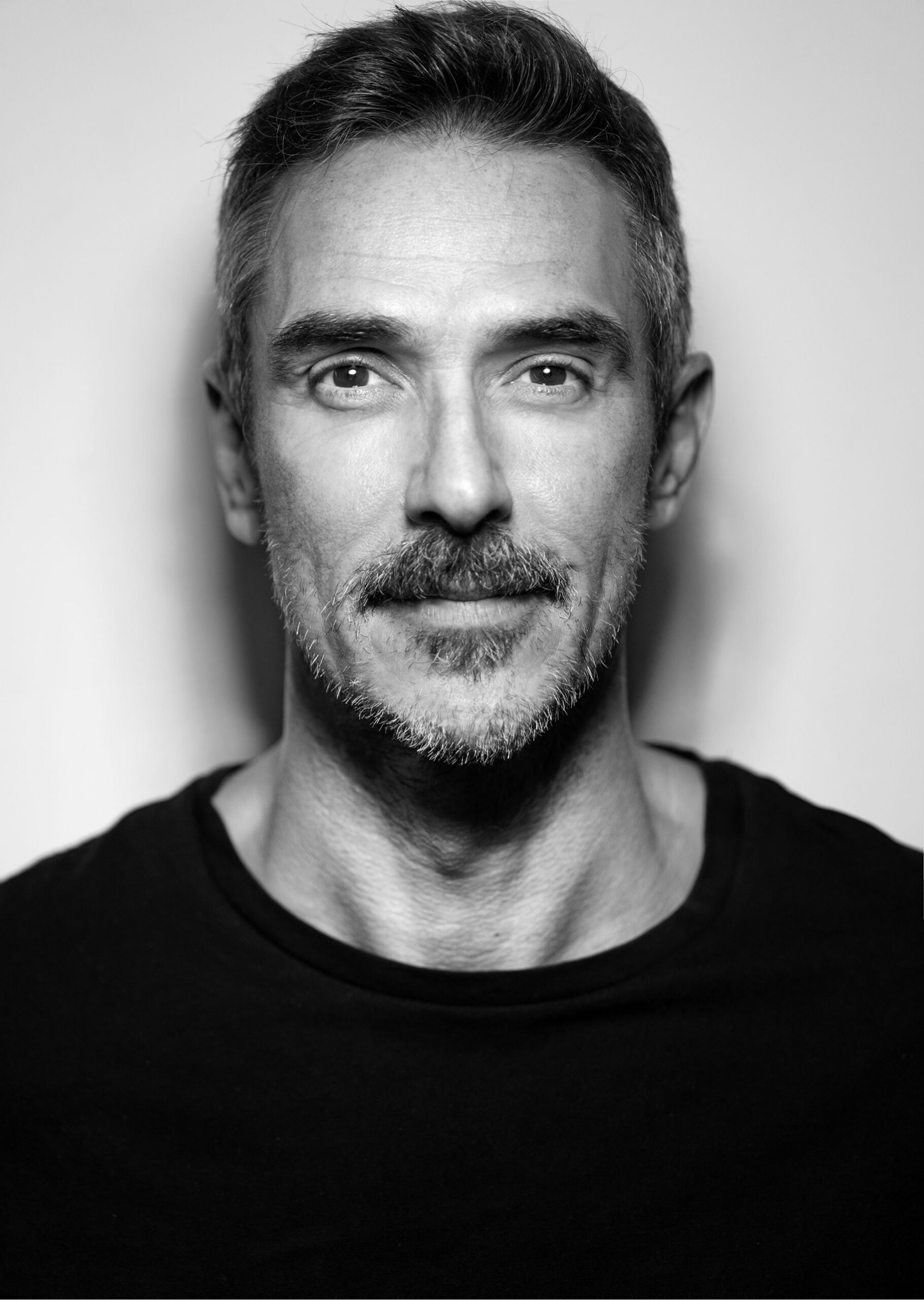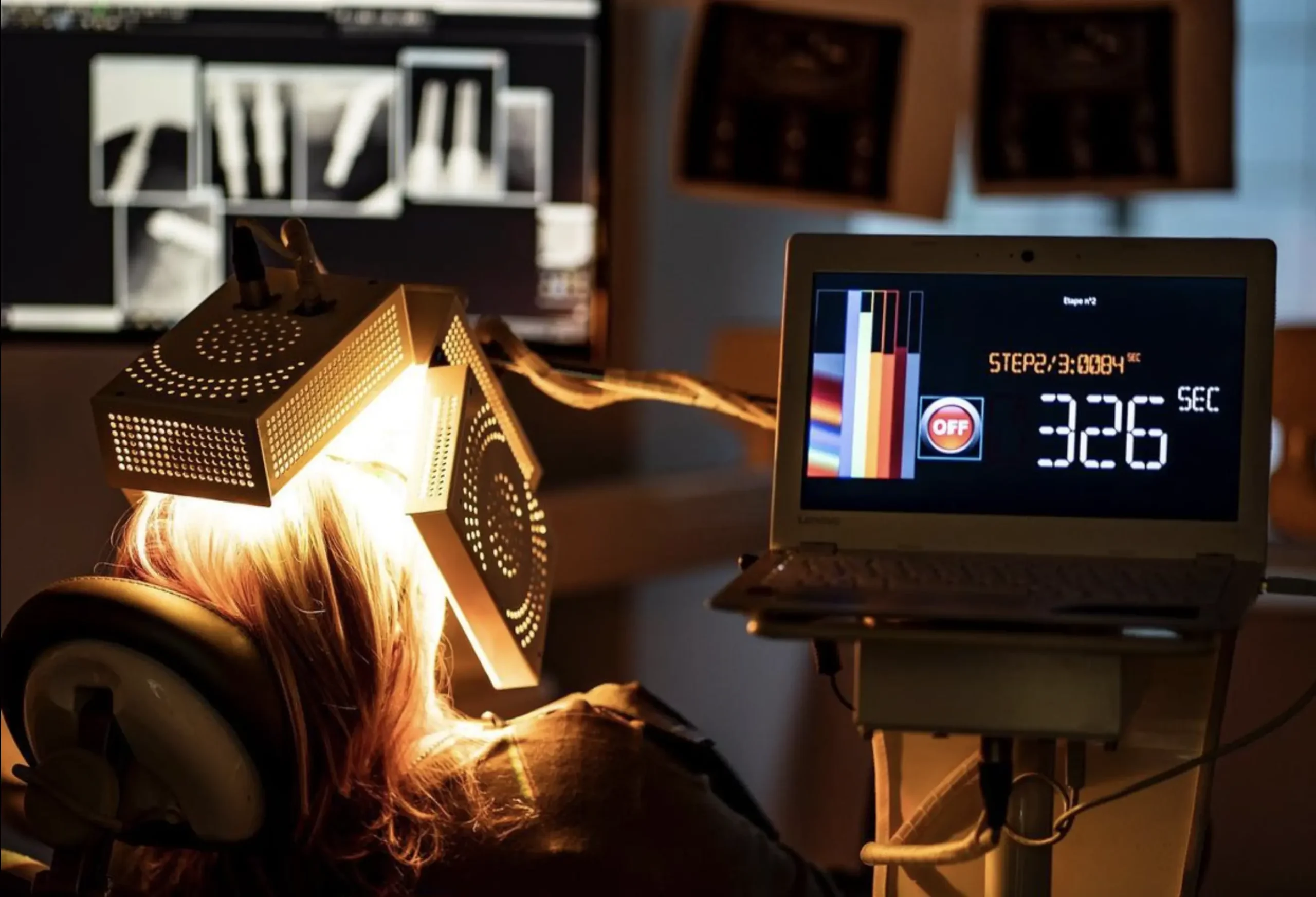For the longest time I have been talking about how important it is to practice Slow Dentistry. A lot of my colleagues were always very curious to what this truly meant. Never before has it made more sense to take the appropriate amount of time to correctly disinfect your hands, and properly disinfect the treatment room in between patients. In my practice this has been standard protocol for over 20 years. What it really meant behind-the-scenes is that as a rule, we never see more than one patient per hour per dental chair.and properly disinfect the treatment room in between patients.
To be clear, I am not saying a dentist cannot see 30 patients a day, you can see as many patients a day as you can. If you can perform your treatment with quality fast and securely, thats fine. What cannot happen is a fast turn around time in between patients. All clinics must invest a minimum of 10 minutes in between appointments to properly disinfect all surfaces.
Now if you are managing a practice, it is legitimate to accept that one of your primary objectives is financial profit. It’s normal, and it’s healthy in any business. The problem is, where do you draw the line between risking your health and the health of those around you in order to make a profit?
We are all now paying a lot more attention to the importance of properly disinfecting all surfaces. The recent global pandemic due to the COVID-19 virus has raised awareness to the problem of cross contamination of viral particles on surfaces, fabrics and how these pathogens can stay active for a long period of time. Here is a recent article on this.
Obviously my medical training taught me the importance of properly tackling this problem in university, so when I started managing my own practice, I was presented with one simple choice, to see many patients a day to make more profit, at the risk of cross contamination, or to reduce the number of patients and invest correctly in gold standard disinfection protocols, even if that meant less in the register at the end of a work day. Obviously I chose the latter, and it has been standard practice in my universe for my entire career. This means that at the end of the year, my financials might not be as fat as a potential investor would like to see, but I am almost certain if there was some kind of reward for reducing drastically the risk of cross contamination in between patients we would be at the top of that list. If only we could bank ethics!
Only now are we understanding the importance of these little details, that actually cost my company quite a lot to perform. The time invested behind-the-scenes is never rewarded and nobody ever asks for it. We simply do it because of the ethical understanding, that it is our duty to do no harm.
The public also have a role to play here, as very rarely they will call the practice curious about the disinfection protocols. They will call the practice and ask what is the price of, for example, a cleaning. They won’t ask how the procedure is performed, how many people will perform it, or the technology used to do it. They simply ask for price!
Obviously if you keep on asking that question long enough, you will eventually create a market place that solely is focused on giving people what they want: cheap dentistry!
We must start taking this very seriously!
A recent article done by the New York Times showed how dentists are some of the professions that are at the highest risk of contracting COVID-19. This also means we can spread it in between patients. So why should we be taking any further risks in the future with public health? This also means we can spread it in between patients. So why should we be taking any further risks in the future with public health? It’s time to go slow.
A few months ago in London, we held the very first Slow Dentistry meeting. One of the biggest questions from some of the attendees were that this would never work on the NHS, as the average appointment time was 15 minutes. I cannot comprehend how this is not a health risk, let alone how this can be conducive to high-quality dentistry? Doctors are faced with the difficult dilemma of surviving financially and providing for their families, or public health. No one should have to make that decision. But the truth is that most clinics, corporate dental practices and DSO business models would collapse if they started practising Slow dentistry. They simply could not afford the luxury of investing the appropriate amount of time in between patients. This means, that a lot of business models practised around the world of dentistry today, choose profit over safety. This is simply a fact. I predict that in a few months after this pandemic passes, and it will, people will change the way they choose a dental clinic.
Cost will be secondary to safety.
It has always been the goal of Slow Dentistry to endorse doctors and clinics that go the extra mile to protect their patients.
The world will be different after this. The equation is what are you going to do to change with it? For questions regarding how to join just email enquiries@slowdentistry.com and see how you can join our Global Network and help us collectively change the paradigm.
#slowdentistry









